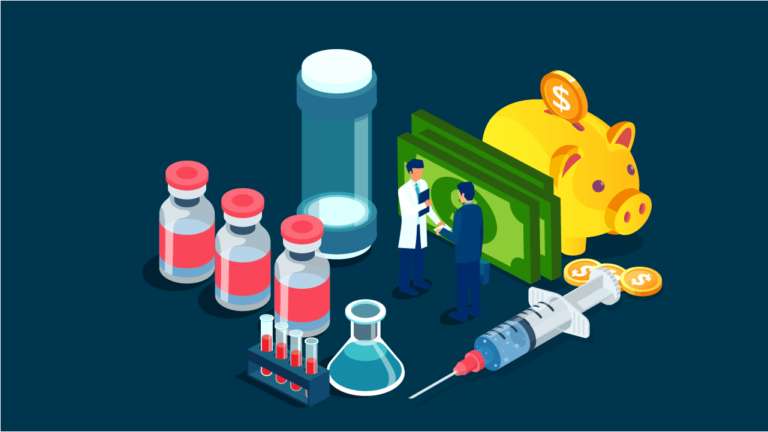It’s fair to say that vaccine companies remained largely outside of the limelight until the Covid-19 pandemic hit in 2020. However, they play an essential role in the background across many areas of healthcare and are key to keeping people safe and healthy across the world. The pandemic has shown how urgent circumstances and the right funding can accelerate advances in the world of vaccine development, facilitating a so-called ‘golden era’ for vaccine companies. However, maintaining the public’s confidence and trust is another task altogether.
How are these companies regulated? At the end of the day, we place our trust in these companies, so stringent regulations are necessary to protect the public. These are applied during each and every stage, including the clinical trials and manufacturing stages. Beyond this, post-market surveillance is essential. Here’s what you need to know.

Setting Standards for Vaccine Development
All data and evidence submitted by vaccine manufacturers is rigorously evaluated by regulators. Legally, vaccine manufacturers need to follow the standard in the data they provide. The data they share is made available to regulators so that there is full transparency.
The aim is for regulators to examine the safety and quality of vaccines to assess whether they can be used. Scientific evidence to back these decisions is sourced from various areas, including human clinical trials and laboratory research. The risks and benefits are examined thoroughly.
Additional opinions are sought from experts based at independent scientific advisory committees to back up each stage of the analysis. Public health agencies also have a say – they work with local authorities to develop and deliver vaccination programmes, creating recommendations and compiling other useful information for those who will come into contact with the vaccine. Collaboration on a global scale is huge in the world of vaccine development – and for good reason.
Ensuring Manufacturing Quality
Any vaccine developed will have to meet regulatory guidance and be manufactured alongside set regulations. This means good manufacturing practices (GMP) need to be followed. To ensure everything is as it should be, regulators are heavily involved in this stage as well.
The configuration of the vaccine will be assessed and so will the data from each part of the manufacturing process. This helps to ensure quality across the board. Vaccines also need to be proven to be stable and this, again, is a data-backed concept. Finally, vaccines need to be evaluated by national regulatory authorities so that they meet national standards before being rolled out in that particular country.
Monitoring Safety After Distribution
The task of monitoring safety once the vaccine is distributed is critical. This involves tracking side effects and any long-term impacts on those who have had the vaccine. This is done in several ways.
Regulators will review irregular events reported by healthcare professionals, and passive surveillance systems may also be put in place. It’s important to get a handle on how the vaccine performs in various settings. Risk management plans should be created by both regulators and vaccine manufacturers to establish how risks will be monitored and reduced.
Medical literature should also be reviewed regularly and so should information relating to safety and other topics concerning the vaccine. Meanwhile, vaccine regulators should perform ongoing safety surveillance centring around their clinical trials to test the products they have created.

Building Public Confidence
As with any product or service released for public consumption (whether directly to the public or administered via professionals, such as healthcare professionals), transparency is a hugely important aspect of building and maintaining trust. Large vaccine manufacturers will have the spotlight on them extensively, with media outlets shaping the narrative from day one. If a company fails to release certain data or information, this could hinder its perception. Clear communication is especially key to this. Companies may want to consult with specialist advisors with experience in the field of life sciences and healthcare to seek advice on building public confidence.
The Importance of International Collaboration
The medical and healthcare world understands the importance of collaboration – and the same applies to the development of vaccines. Knowledge should be shared globally to reach a common goal that could be beneficial worldwide. Scientific brains from endless countries can come together to create the best possible outcome. The development of a series of Covid-19 vaccines from AstraZeneca and others was a key example of this.

